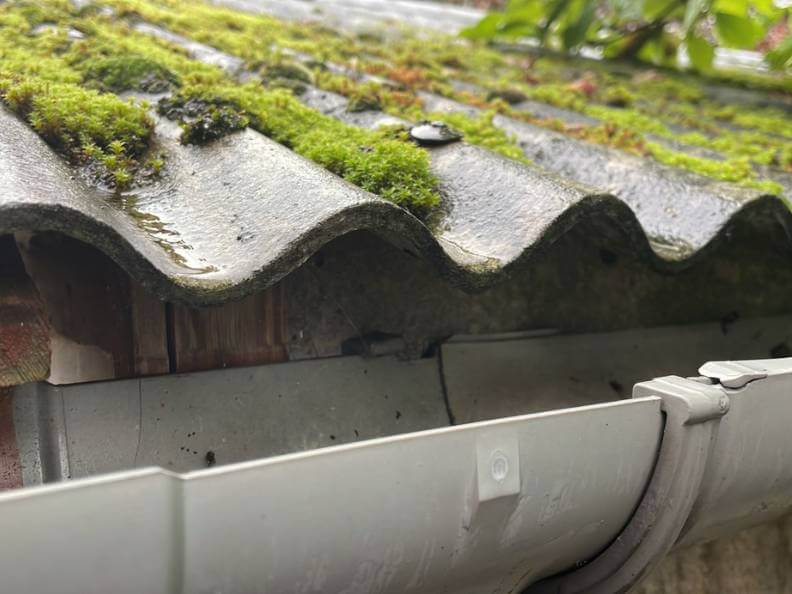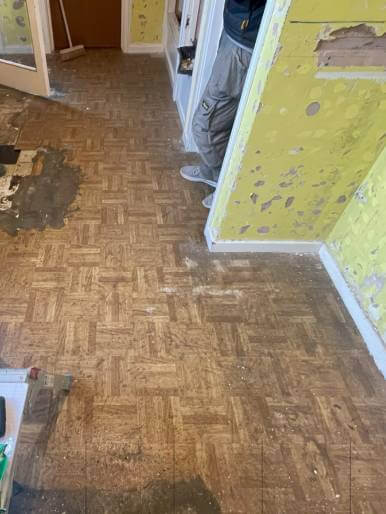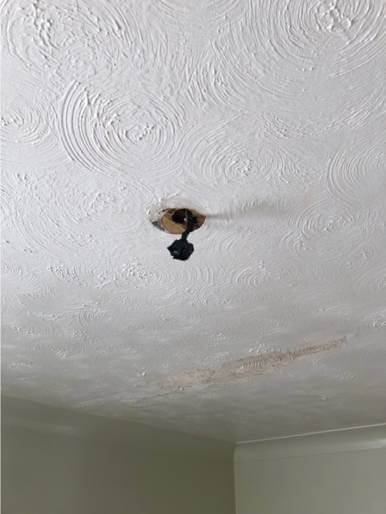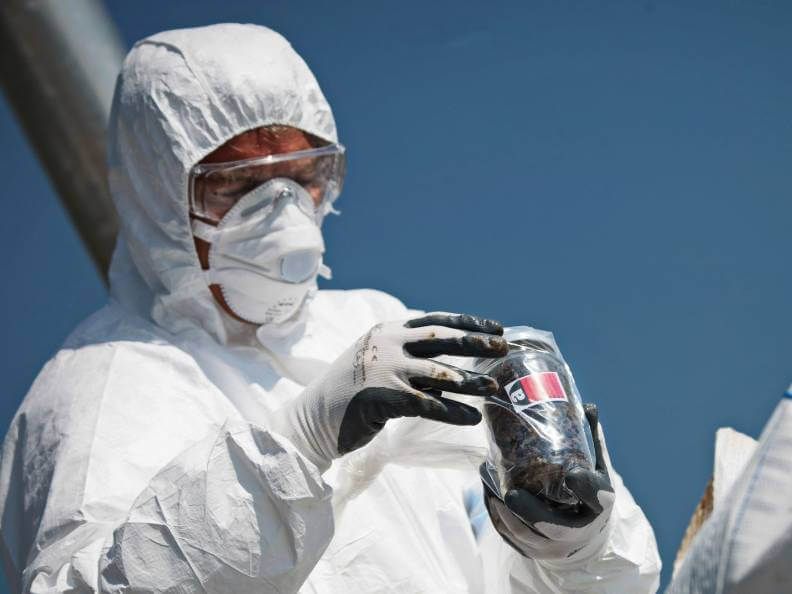Asbestos is a naturally occurring mineral known for its fire-resistant properties. It was extensively used in the UK in various industries and construction sectors for much of the 20th century. The mineral’s versatile applications include insulation, roofing, flooring, and even household products due to its fireproof nature. It was also used in the film Wizard Of Oz for the snow scene! Unknowing of its risks, the filmmakers used it for its glistening properties as snowfall. However, as the understanding of its severe health risks unfolded, the UK took decisive steps to regulate and eventually ban its use.
The Asbestos Ban in the UK: A Journey Through History

The widespread use of asbestos in the UK can be traced back to the late 19th century. Its fire-resistant and insulating properties make it an ideal material for numerous applications. By the mid-20th century, asbestos found its way into the construction of domestic and commercial properties across the country. Asbestos cement was commonly used in roofing, siding, and pipes, and other asbestos-containing materials, such as Artex, adorned ceilings and walls.
The 1960s and 1970s marked a peak in asbestos consumption, with the material finding its way into countless homes, schools, and workplaces. Its popularity was due to its affordability, durability, and fire-resistant characteristics. The health hazards posed by asbestos were becoming increasingly evident, linking exposure to lung diseases, including asbestosis and mesothelioma.
The manufacture and import of Blue and Brown Asbestos were banned in the UK in 1985 by The Asbestos (Prohibitions) Regulations 1985. In response to growing health concerns, the UK began implementing regulations [Asbestos Regulations 2012] to control asbestos usage.
When was White Asbestos Banned in the UK?


The pivotal moment came in 1999 when the UK government imposed a complete ban on the import, supply, and use of ALL asbestos and asbestos-containing products including White Asbestos. This decisive action aimed to protect the public from the severe health risks associated with asbestos exposure.
The ban covered a wide range of products. Such products included asbestos cement used for garage roofs and side panels, vinyl flooring and floor tiles, floor adhesives like bitumen, textured coatings like Artex, and many others commonly found in domestic and commercial properties.
Asbestos-containing materials already in place were not subject to immediate removal requirements. However, regulations were implemented to manage and monitor their condition. This was a collective effort to address the alarming rise in asbestos-related illnesses and fatalities. The ban signalled a crucial shift towards prioritising public safety and the well-being of those potentially exposed to asbestos. When disturbed, asbestos fibres become airborne and can be inhaled, which can lead to serious health issues over time.
Although these regulations were put in place, approximately 5,000 people a year still die from asbestos-related diseases within the UK today. You can visit your local council’s websites for further information and help on how to deal with potential asbestos within the home. If you have any questions or would like a quote on removing and disposing of asbestos, contact us.
Who is More At Risk From Asbestos?
People who worked in industries using asbestos-related products were at high risk, for example, the construction industry. Without the proper knowledge of the product’s nature, it went unrecognised and widely used daily without the proper breathing equipment. Now, the correct PPI should be used when removing and disposing of such products. Legal certification is given to prove the product waste has been disposed of properly and safely according to all guidelines.

Speak to us for more information
The journey from ubiquitous applications to stringent regulations demonstrates the commitment to safeguarding public health. Today, efforts continue to educate and raise awareness about the risks associated with existing asbestos-containing materials, emphasising the importance of proper management and removal when necessary.
At Midlands Asbestos Removal, we can provide you with trusted, reliable and fully qualified asbestos removal services. We can also provide you with comprehensive asbestos training courses. If you’d like to know more, don’t hesitate to contact our friendly team today.